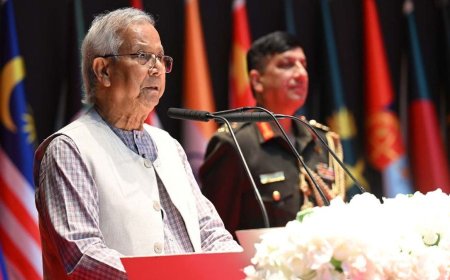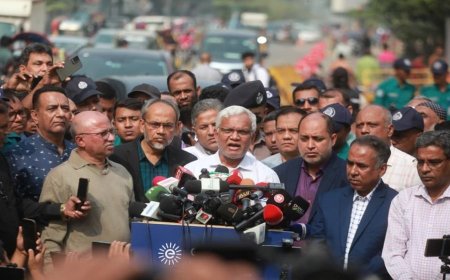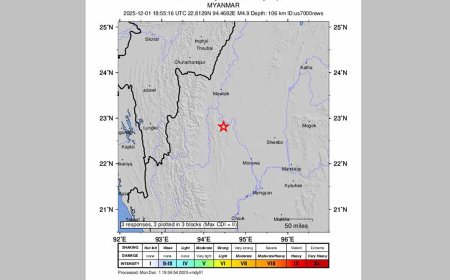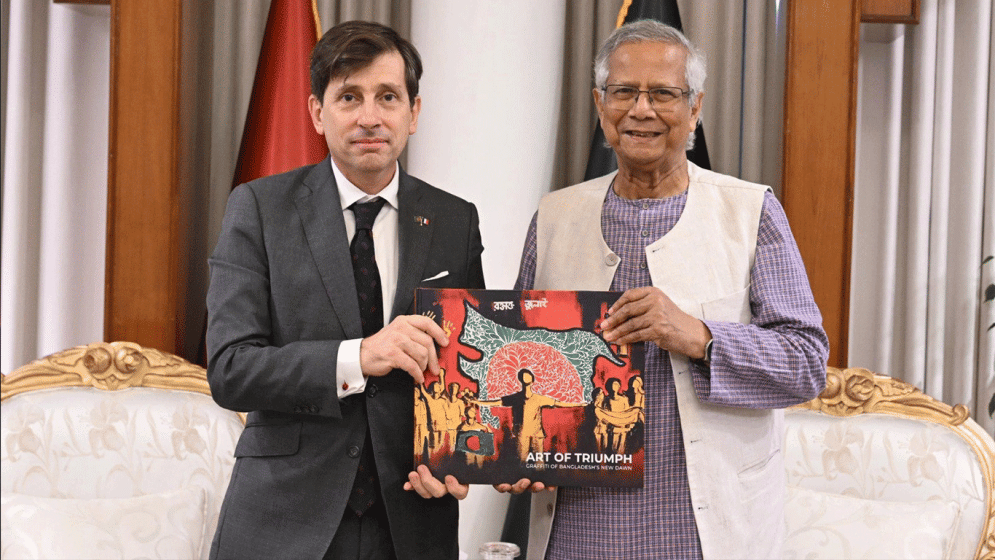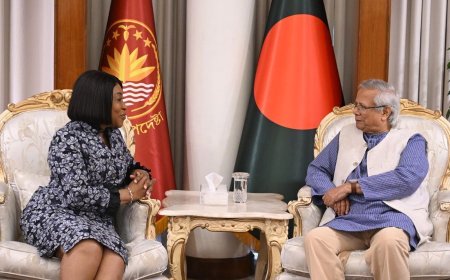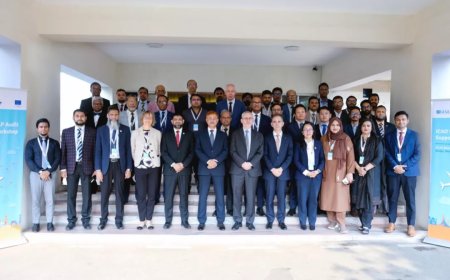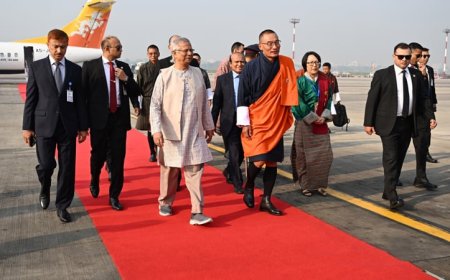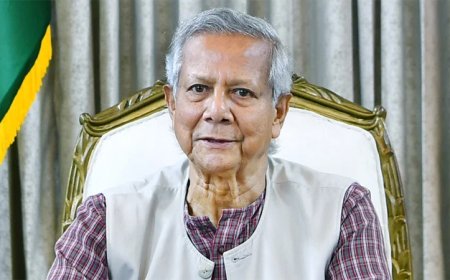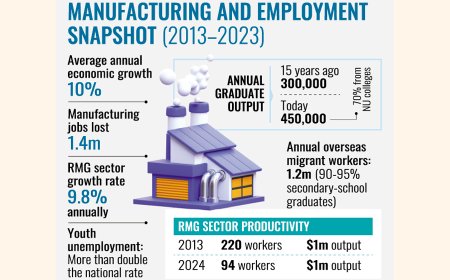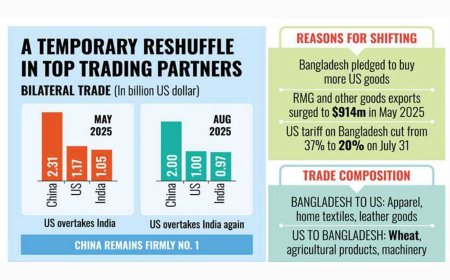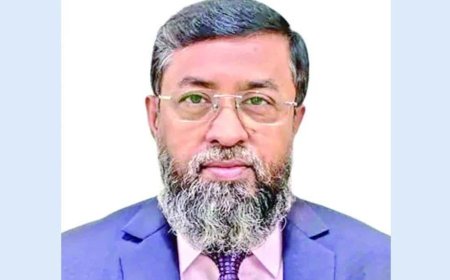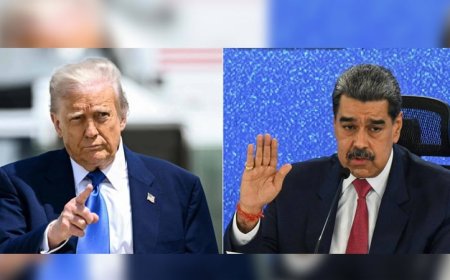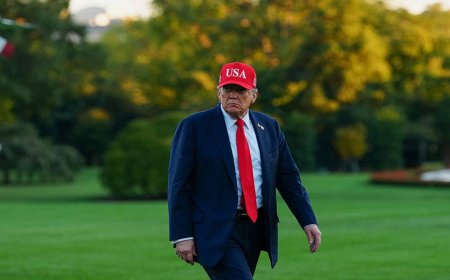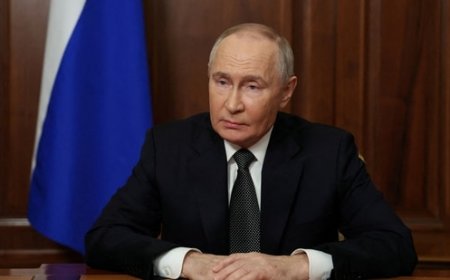"Palestinian President Abbas Taps Top Aide as Possible Successor"
"Palestinian President Abbas Taps Top Aide as Possible Successor"
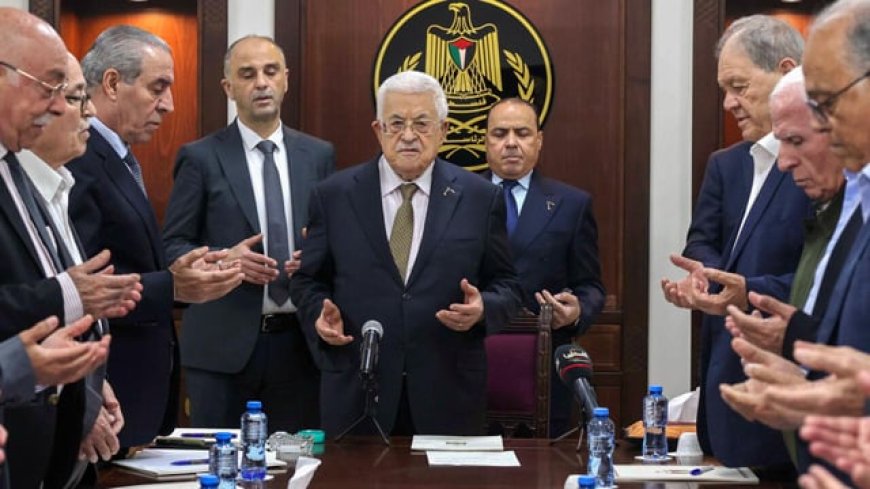
Palestinian President Mahmud Abbas appointed longtime aide Hussein al-Sheikh as the first-ever vice president of the Palestine Liberation Organization (PLO) on Saturday, positioning him as a likely successor. The appointment follows a convention in Ramallah this week where the new post was created.
The move comes amid years of international calls for reform within the PLO and growing pressure from Arab and Western nations to expand the role of Abbas’s Palestinian Authority (PA) in post-war governance of Gaza.
"President Mahmud Abbas has appointed Hussein al-Sheikh as vice president of the PLO leadership," confirmed executive committee member Wasel Abu Yousef to AFP.
Established in 1964, the PLO represents Palestinians internationally and holds treaty-signing powers, while the PA administers parts of the Palestinian territories. The PLO includes several factions but notably excludes Hamas and Islamic Jihad, militant groups currently engaged in war with Israel.
Sheikh, 64, a senior figure in Abbas’s Fatah party, has long been seen as one of the president’s closest allies. Imprisoned by Israel for over a decade in the late 1970s and early 1980s, Sheikh became fluent in Hebrew. In 2022, he was appointed secretary-general of the PLO’s Executive Committee and head of its negotiations department — roles highlighting his close alignment with Abbas. More recently, he was also tasked with overseeing Palestinian diplomatic missions abroad.
Some Palestinian analysts argue the move is cosmetic. Hani al-Masri from the Palestinian Center for Policy Research and Strategic Studies said appointing a PLO vice president was a response to external pressure rather than genuine reform. He stressed the need for a vice president within the PA itself, someone who could directly assume power if needed.
However, others, like Aref Jaffal from the Al-Marsad Election Monitoring Center, believe the new role marks a serious step toward succession planning, noting the urgent need for leadership renewal in the Palestinian political system.
Saudi Arabia praised the reforms, saying they would strengthen Palestinian efforts toward achieving an independent state along the 1967 borders, with East Jerusalem as its capital.
Abbas had earlier pledged at a summit in Cairo to create a PLO vice presidency as part of post-war plans for Gaza’s future. Since assuming leadership of the PA following Yasser Arafat’s death in 2004 and winning a four-year term in 2005, Abbas has remained in office without new elections.
Under the new arrangement, if Abbas were to die or step down, the vice president would temporarily lead both the PLO and the State of Palestine, which is recognized by nearly 150 countries.
However, the decision has not been universally welcomed. Several factions opposed to the move walked out of the PLO convention, warning it threatened the organization’s independence and reflected foreign interference.
Facing financial collapse and heightened scrutiny from international donors after the war in Gaza, the PA is under increasing pressure to implement political reforms. Abbas defended the creation of the vice presidency as necessary to strengthen Palestinian institutions and enhance international recognition of Palestinian statehood.
Still, some observers interpret the move as a strategic effort by Abbas to give the appearance of decentralizing power without relinquishing real control.
What's Your Reaction?








